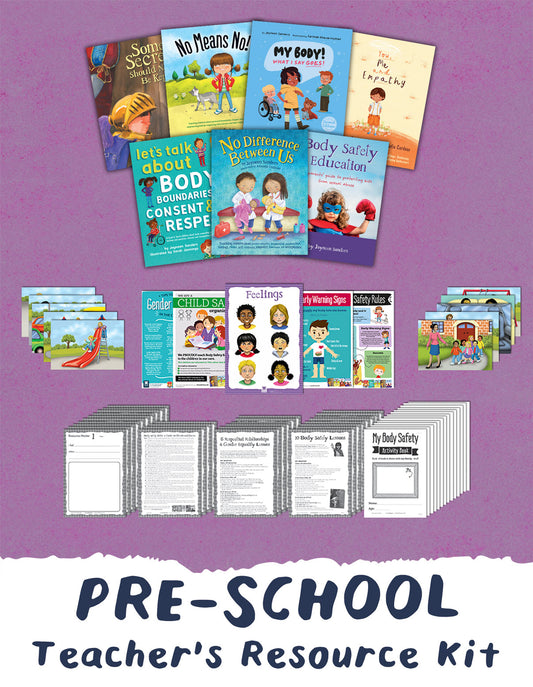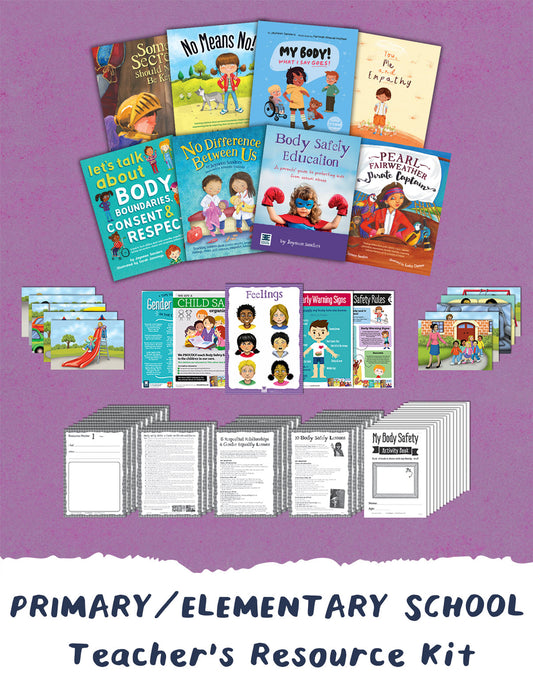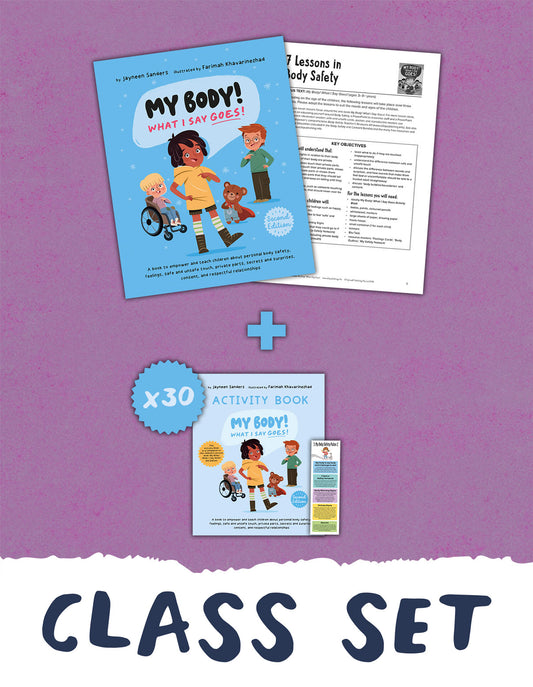When questioning children on their thoughts, feelings and actions, try to avoid the use of the word ‘why’. There are two main reasons for this. Firstly, ‘why’ holds negative connotations for many children. For example, when they’ve done something wrong, the first question that many people ask is, ‘Why did you do that?’
Secondly, ‘why’ is a very difficult question to answer — it requires us to look at the motivations behind our actions and feelings, which a lot of children won’t know — and will simply respond with ‘I don’t know’.
Instead, re-phrase questions using ‘how’ or ‘what’ — What happened? What were you doing at the time? How did it make you feel? What could you have done differently that would have changed the outcome?’, and so on.
In addition to this, avoid suggesting answers for students when talking directly to them. It’s always tempting to fill in the gaps in a story or tell them that they might have been feeling a certain way. For example, ‘Maybe you were feeling a bit embarrassed so you...’ Let them come to this on their own; to find their own truth for how they think and feel, and the reasons behind this. Our ‘My Mindfulness & Wellbeing Journal, Year 3’ is a brilliant tool to allow them to do just that!
However, let’s not discount ‘why’ altogether as it has a very important place! It is okay to use the question ‘why’ when looking for a philosophical discussion on a topic but phrase your question to encourage broader thinking. Instead of asking, ‘Why did the author write ...?’; ask, ‘Why do you think the author chose to write ...’
We cannot know the motivations of someone else, but we can use our own prior knowledge and reasoning to hypothesise reasons. This encourages deeper level thinking and is using ‘why’ without the issues discussed above.




